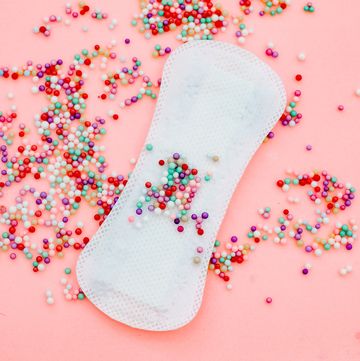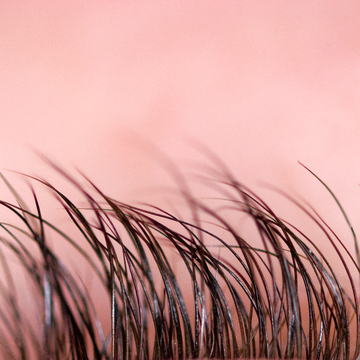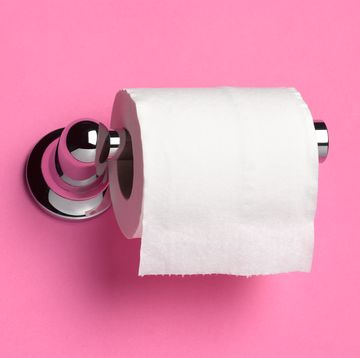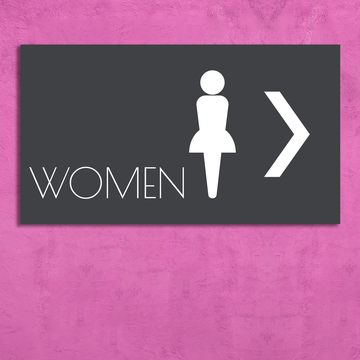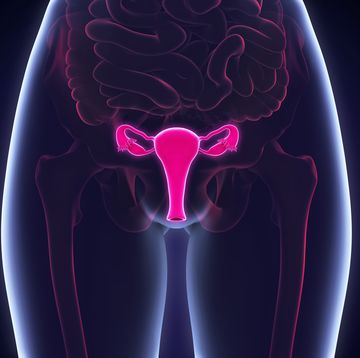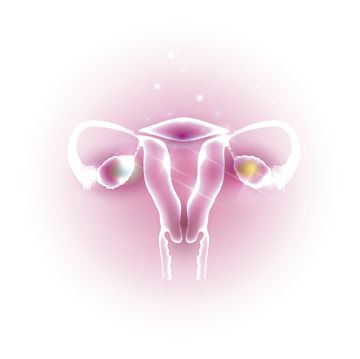Pre-period belly bloat may be par for the course for you, but research shows that hormone fluctuations could actually affect your health all month long. Here's how:
DAYS 1–13
Your cholesterol spikes.
Total cholesterol levels rise by almost 20% during the follicular phase, according to a recent study. Book doctor visits at the same time of the month for consistent comparisons.
You're more injury prone.
Research suggests that hormones may decrease muscle control during this time, making women more susceptible to knee injuries. Jumping exercises can cut your risk. (Try these 6 moves to strengthen your knees.)
DAYS 14–15
Multitasking is harder.
Higher levels of estrogen during ovulation may affect your ability to concentrate. Take extra time to find your keys.
You feel sexy!
Women are often in the mood when they're most fertile, says Rebecca Booth, MD, an ob-gyn in Louisville.
MORE: Try A New Sex Position Tonight!
DAYS 16–28
Symptoms intensify.
If you have an ongoing health issue—such as depression, migraines, or asthma—you may feel worse right before your period, says Booth.
Gums are sensitive.
Surges in progesterone before menstruation can increase gum inflammation and discomfort. Make dental appointments at the start of your cycle, or take a pain reliever first.
Cravings peak.
Plummeting estrogen causes a dip in your brain's "feel-good" chemicals, making you crave sugar and starch, says Booth. So treat yourself to a little dark chocolate—you deserve it!


